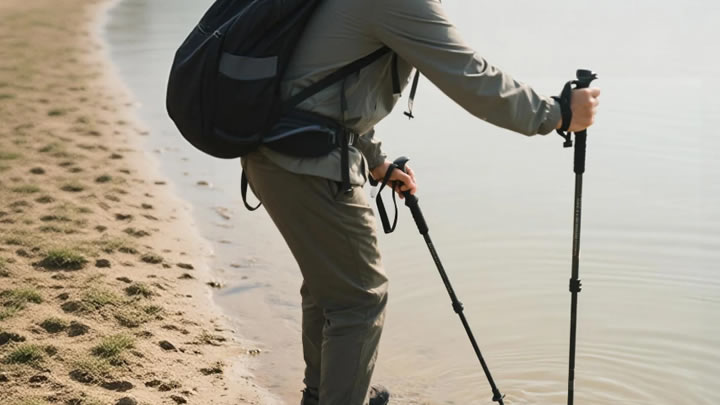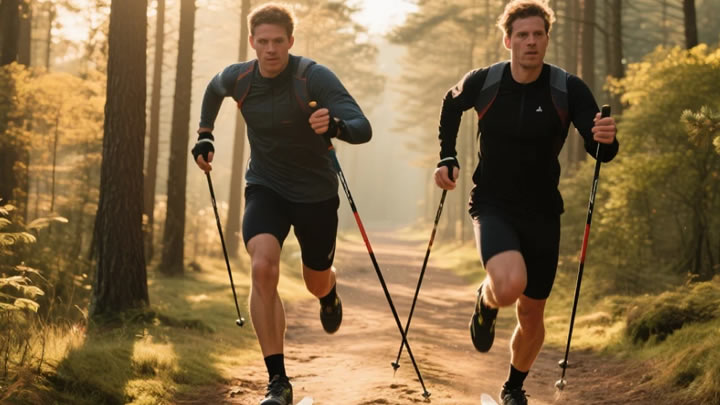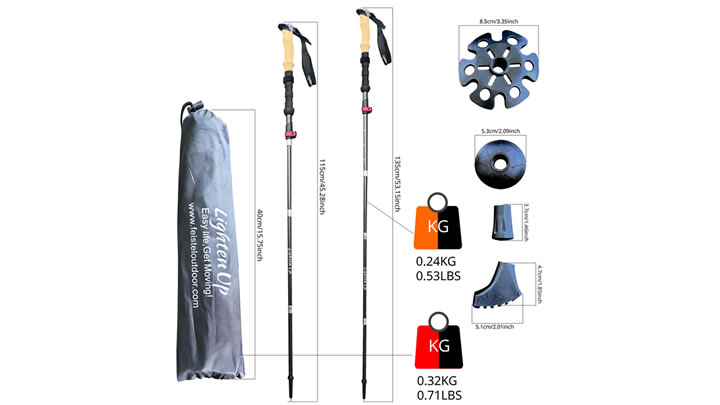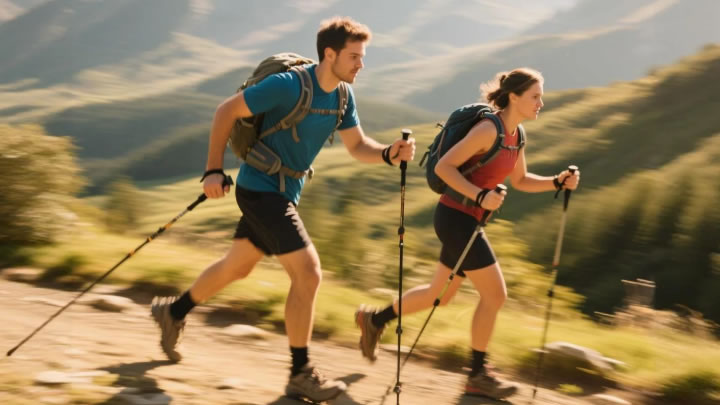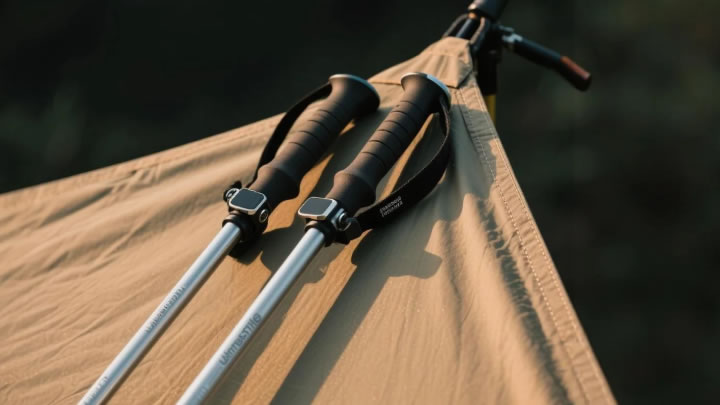Space-saving hacks for small camping storage boxes.
Wednesday, May 14, 2025
Small camping storage boxes challenge you to pack smarter, not harder. Whether you’re a backpacker, minimalist, or urban camper, these space-saving strategies will help you fit more gear into compact containers without sacrificing accessibility or protection.
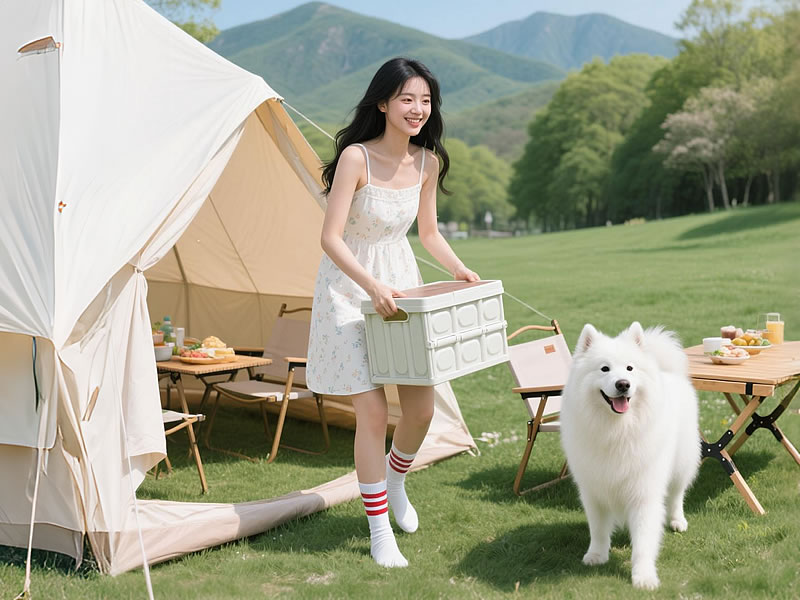
1. Core Principles for Small-Box Efficiency
- Prioritize Essentials: Use the 80/20 rule—20% of gear provides 80% of utility.
- Multi-Functional Gear: Replace single-use items (e.g., a bandana as towel/straining cloth/headband).
- Vertical Utilization: Exploit height with stacking and hanging systems.
2. Top Space-Saving Techniques
A. Compression Mastery
- Compression Sacks: Reduce bulky items like sleeping bags by 50% (e.g., Sea to Summit Ultra-Sil).
- Vacuum-Seal Bags: Pre-portion meals or clothing (ideal for 1–3 day trips).
- Nested Cookware: Collapsible silicone bowls (e.g., Snow Peak Mini Solo) fit inside pots.
B. Modular Organization
- Adjustable Dividers: Customize compartments using Plano Edge Divider Panels.
- Stackable Containers: GSI Outdoors Microlite cups nest inside each other.
- Magnetic Attachments: Stick knives or tools to the box lid with MagPanel strips.
C. Creative Packing
- Fill Dead Spaces: Stuff socks or microfiber towels around fragile gear.
- Flat-Pack Tactics: Roll tents tightly with Nemo Tent Stuff Sacks; fold tarps into envelope shapes.
- Hanging Systems: Clip mesh pockets (e.g., Sea to Summit Hanging Organizer) to box handles.
3. Gear Swaps to Save Space
- Swap Bulky for Compact:Stove: Jetboil Flash replaces traditional stove + pot.Lighting: LuminAID Solar Lantern (flat when deflated).Sleep System: Therm-a-Rest Z Seat doubles as a sit pad and backpack frame.
- Eliminate Duplicates: Share tools (e.g., one multi-tool per group).
4. DIY Space-Saving Solutions
- Repurpose Household Items:Tic-Tac Containers: Store spices or matches.Contact Lens Cases: Hold sunscreen or bug repellent.
- Binder Clip Cable Organizers: Secure cords or tent guylines.
- PVC Pipe Sections: Organize tent stakes or utensils.
5. Recommended Small Storage Boxes
- Front Runner Wolf Pack (25L): Modular, weatherproof, and vehicle-friendly.
- OtterBox Trooper LT 30: Drop-proof and crush-resistant for rugged trips.
- Matador FlatPak Toiletry Bag: Ultra-thin, waterproof, and compressible.
6. Maintenance Tips for Longevity
- Post-Trip Reset: Clean, dry, and reorganize immediately to prevent mold.
- Label Smartly: Use color-coded dots or chalkboard stickers for quick ID.
- Seasonal Audits: Remove unused gear (e.g., swap winter gloves for bug nets).
7. Common Mistakes to Avoid
- Overpacking: Leave 10–15% space for on-the-go additions.
- Ignoring Weight Limits: Small boxes crack if overloaded (check manufacturer specs).
- Neglecting Accessibility: Burying first-aid kits or headlamps defeats efficiency.
8. Real-World Examples
- Backpacker’s 20L Setup:Base: Compressed sleeping bag + tent.Middle: Jetboil, food packs, mini first-aid.Top: Headlamp, map, collapsible water bottle.Sides: Carabiner-clipped shoes and trekking poles.
- Urban Car Camper’s 30L Bin:Modular Trays: Separated BBQ tools, spices, and fire starters.Lid Pocket: Foldable grill mat and wet wipes.
Final Tips
- Test your packing system at home with timed unpack/repack drills.
- Use transparent boxes or labeled pouches to avoid rummaging.
- Pair with a foldable wagon or backpack for multi-transport ease.

